The CMP Review — Week of June 9
June 9, 2025
“In this matter of instruction in the things of Nature, we owe yet more to ourselves: for,
‘Nature never did betray the heart that loved her’;—
and, in return for our discriminating and loving observation, she gives us the joy of a beautiful and delightful intimacy, a thrill of pleasure in the greeting of every old friend in field or hedgerow or starry sky, of delightful excitement in making a new acquaintance.” (Vol. 4 Book II pg. 98)
@tessakeath
June 10, 2025
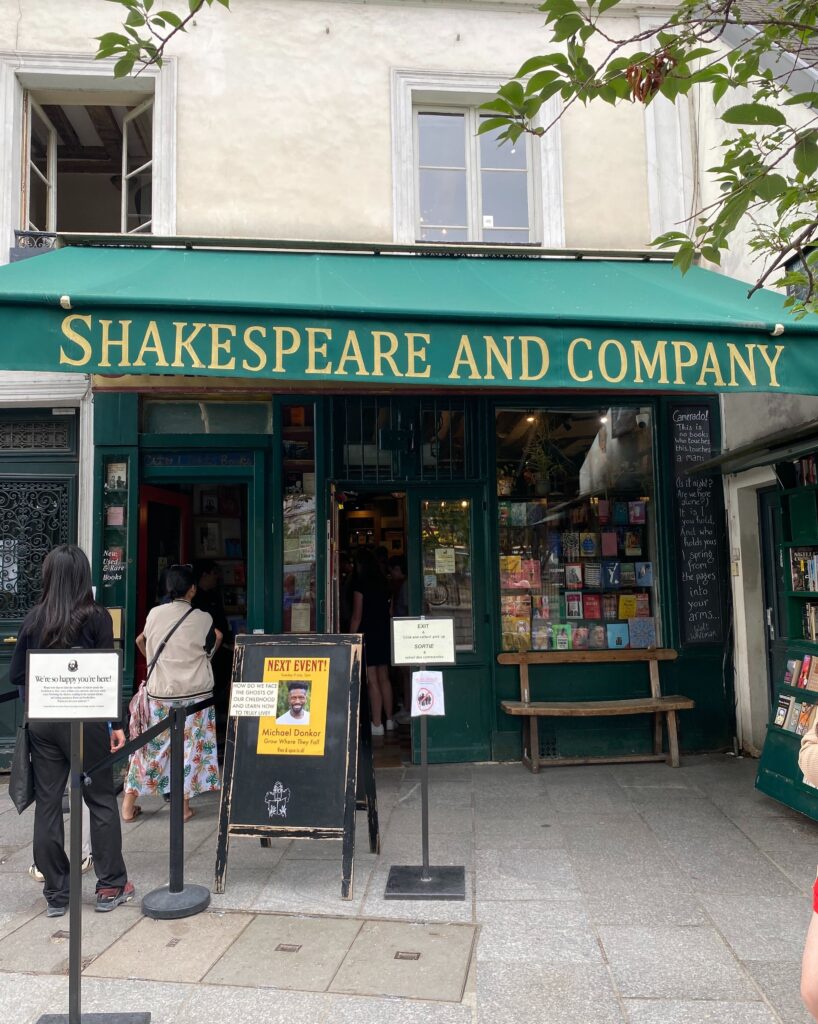
What would Rosalind (of As You Like It) say if she could tell us what she thought of Shakespeare?
When is someone walking into a bookstore as pure an idealist as a saint?
Why is the love of Romeo and Juliet eternal?
Why is the desire to read despotic in its demands?
Is criticism always analytical or can it ever be creative?
How do you know if the chicken is fresh?
It takes an unusual mind to think of such eccentric questions, let alone to answer (some of them) and to weave them together in a meaningful way.
But such is the mind of Felix Hope, whose two-part series on readers and critics fascinated the subscribers of The Parents’ Review in 1924. Now it can surprise you too, with a chuckle, a challenge, and an inspiration almost guaranteed. And as a special bonus, it has the only reference to σχολή — scholé — I’ve ever seen in the Parents’ Review. Read or listen here!
@artmiddlekauff
June 11, 2025
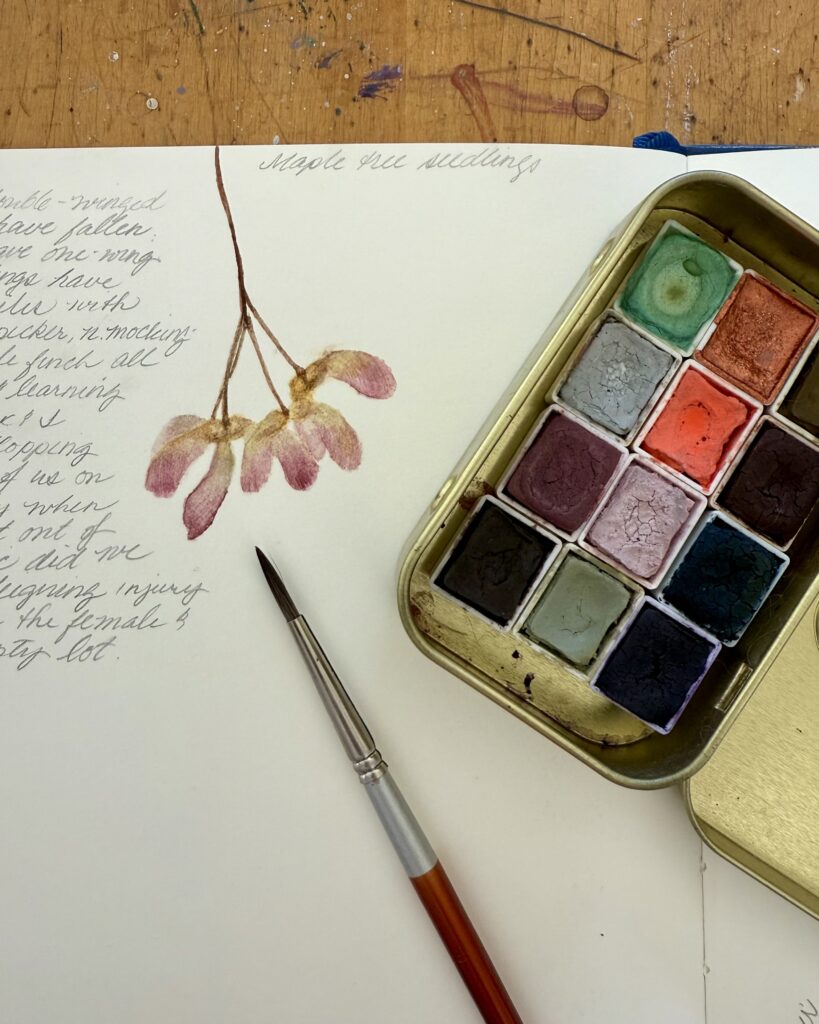
What are your June nature finds?
@rbaburina
June 12, 2025
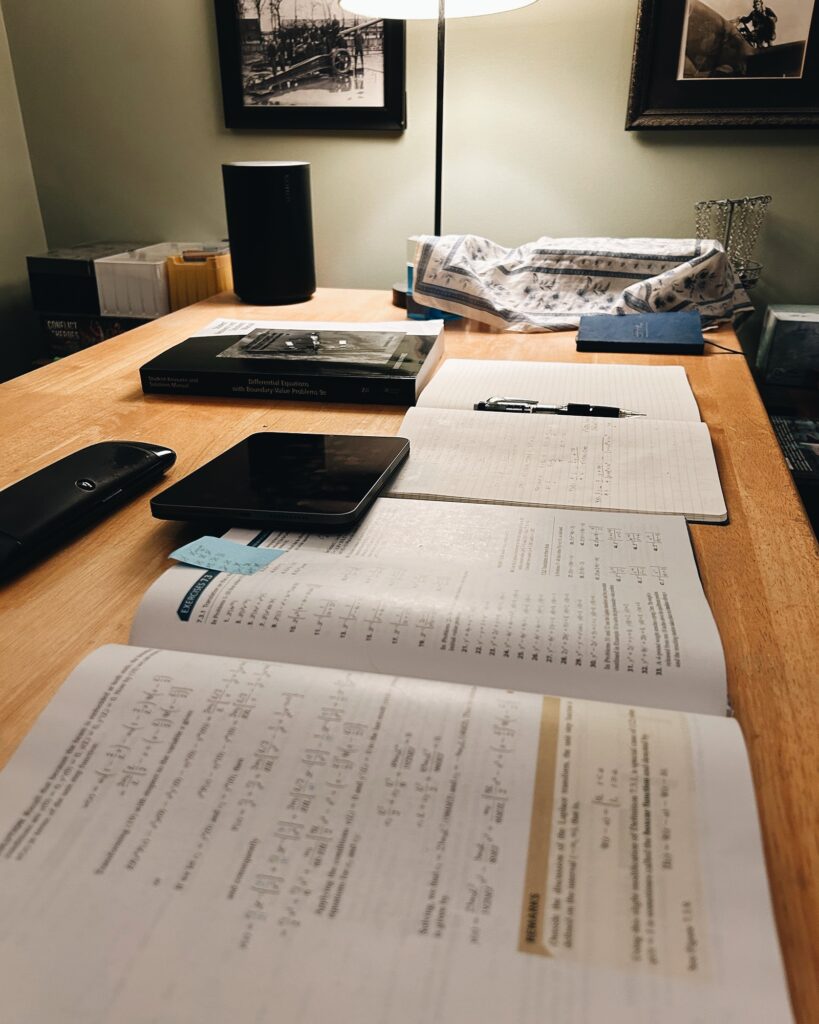
“Research shows that novices and experts organize knowledge very differently,” explain Jeff Froyd and Jean Layne. “Experts may make huge leaps up an educational ladder of inference and often forget how to explain the reasoning process through which they arrived at their complex, deep understandings. Shortcuts become invisible. In an educational setting, this phenomenon is called ‘curse of knowledge.’”
How can knowledge be a curse? Surely the more we know (about math, science, Latin…) the better we teach. Isn’t knowing more than our students (our children) a blessing?
Yes and no. The curse comes in when our shortcuts of understanding become invisible, even to us. We can no longer explain the reasoning process. Worse, we become impatient and frustrated when our children don’t “see” what seems so obvious to us.
One solution is to somehow break down what is obvious to us into smaller pieces that may somehow become obvious to our children. But professor Eric Mazur hints at another solution. “The person who knows best what a student is struggling with in assimilating new concepts is not the professor, it’s another student,” he explains in his celebrated “Confessions of a Converted Lecturer.”
Do you feel like you’re only one step ahead of your child (in math, science, Latin…)? Do you feel like your lack of knowledge is a curse? Actually it’s a blessing. It can enable you to teach your child in the most sympathetic way — as a fellow learner.
Plus it’s kind of fun. When it’s late at night and everyone else has gone to bed, I like to crack open the math book. I have a good reason to — I’m learning with my son. But it’s not worry that’s keeping me awake. It’s the fine and health-giving air of that mountainous land called math.
@artmiddlekauff
June 13, 2025
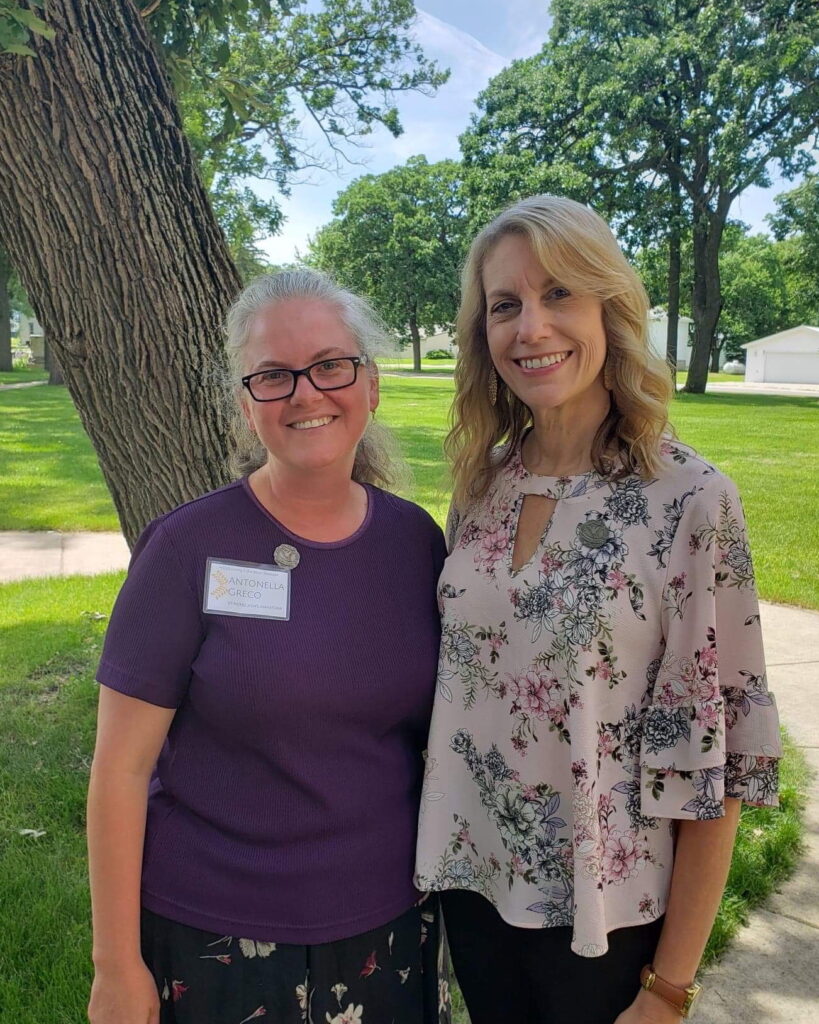
In July of 2024 I had the pleasure of leading a small group chat focusing on Homeschooling an Only Child at the Living Education Retreat.
If you’ve never been to the LER, it is an absolutely lovely retreat, with a great mix of philosophical and practical talks, small group discussions, folk songs, prayer, connecting with friends new and old, with time for reflecting on your school year and joyfully envisioning what might come next. I highly recommend it!
I created a “Resources for Homeschooling an Only Child” page at CMP to share with those who were attending my small group last year. But I know that the information at this page would be of interest even to people who didn’t attend the LER.
This resource page along with many other resources from the LER are available at our new “The Living Education Retreat” page which CMP is hosting in collaboration with the LER.
There are many excellent resources accessible at this page, including live audio recordings of some amazing talks from the last 10 retreats that you will not want to miss!
If you’ve attended the LER, this webpage is a great place to revisit some of your favourites, and if you’ve not attended, this is a great place to catch up on what you missed and perhaps be inspired to sign up for the next one!
@antonella.f.greco
📷 Nancy Kelly and me at the 2019 LER
June 14, 2025
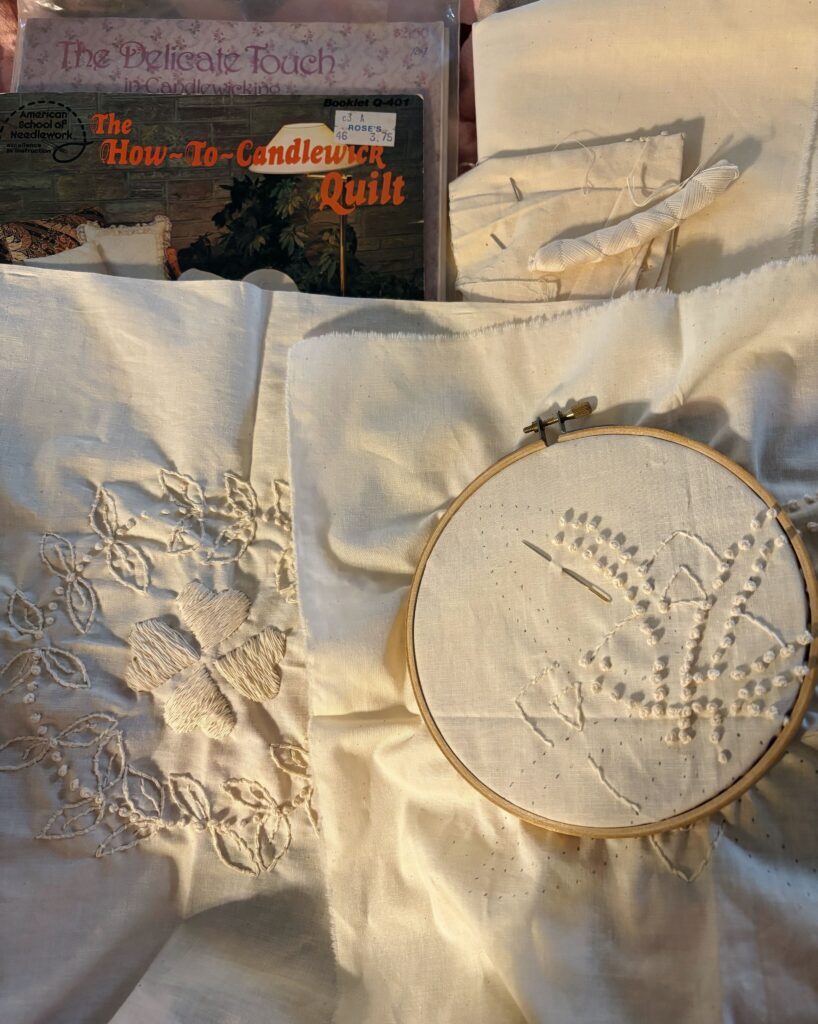
“The best method is to be very much absorbed in your own work while the children are playing. Choose some work for yourself which won’t need much concentration on your part, for you can’t expect quiet, but whatever it is let it keep you busy. Then, don’t interfere with their play. Let it be spontaneous and unconscious. Let them invent their own and you will find that it will take very little material to amuse. Then also you will be fostering that happy gift of pleasure in simple things and an absorption and interest in the occupation in hand. Your aim is to let them create their own games, to amuse themselves. This is so necessary for their adult life, for you will be teaching them that their contentment is not necessarily dependent on external pleasures or the praises of the crowd.” (Parker, PR 46, “Games and Wet Day Occupations”)
@tessakeath
June 15, 2025
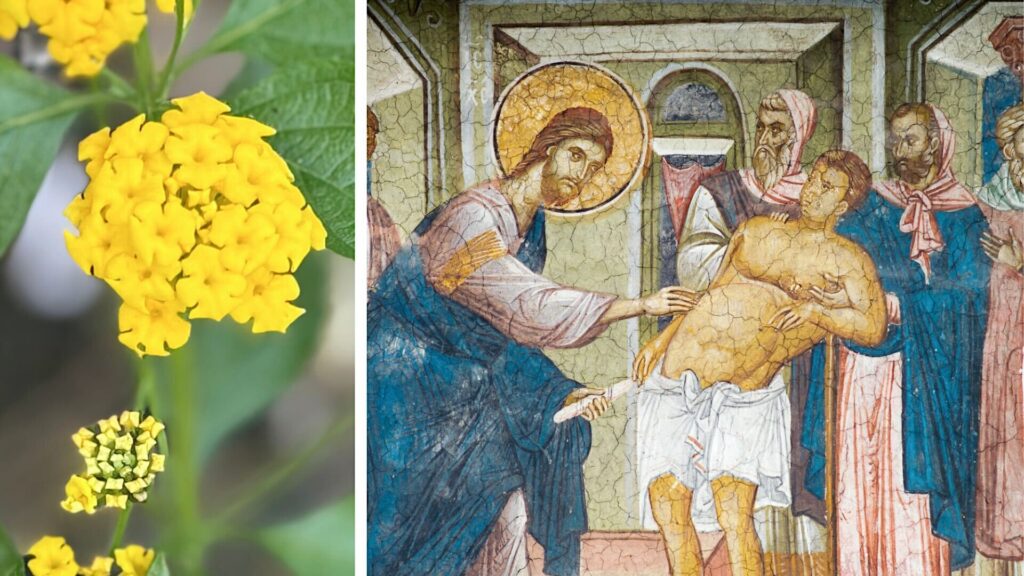
Luke chapter 14 opens with a meal setting, which continues until verse 24, according to D. L. Bock. “But this is not an ordinary dinner party, nor is the conversation normal table talk. On the menu is theological and ideological reflection about what God is doing.”
The scene opens with an unexpected guest. “At the meal is a man with dropsy,” explains Bock, “which means his limbs are swollen with excess body fluids—a condition much discussed in later Judaism and associated with uncleanness and immorality… Jesus does not shy away from the situation.”
Charlotte Mason’s poem “Dinner on Sabbath” captures the theology — and the emotion — on the menu at this meal. Read or hear it here.
@artmiddlekauff
🖼️: Christ Healing the Dropsical Man, Monastery Dečani fresco